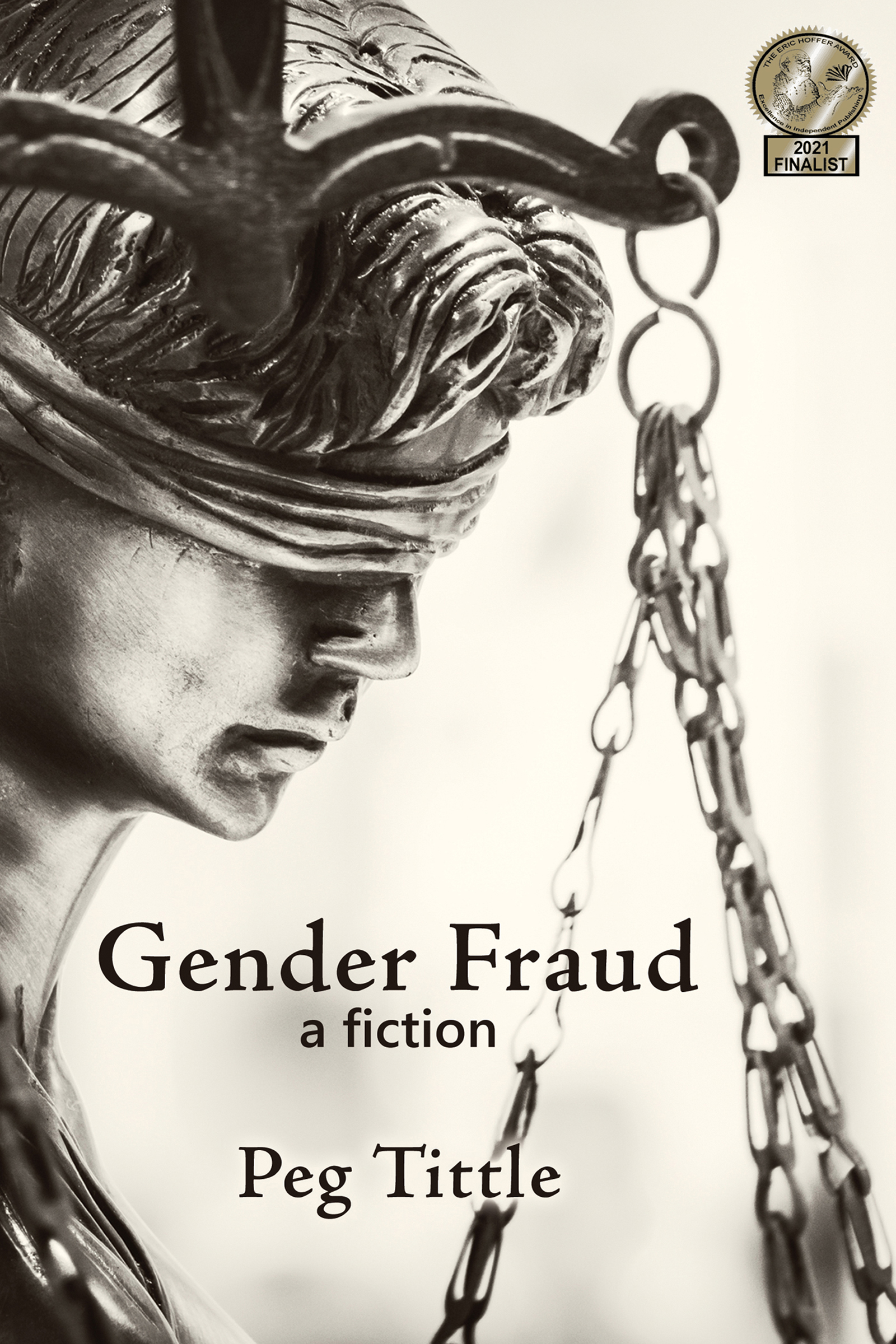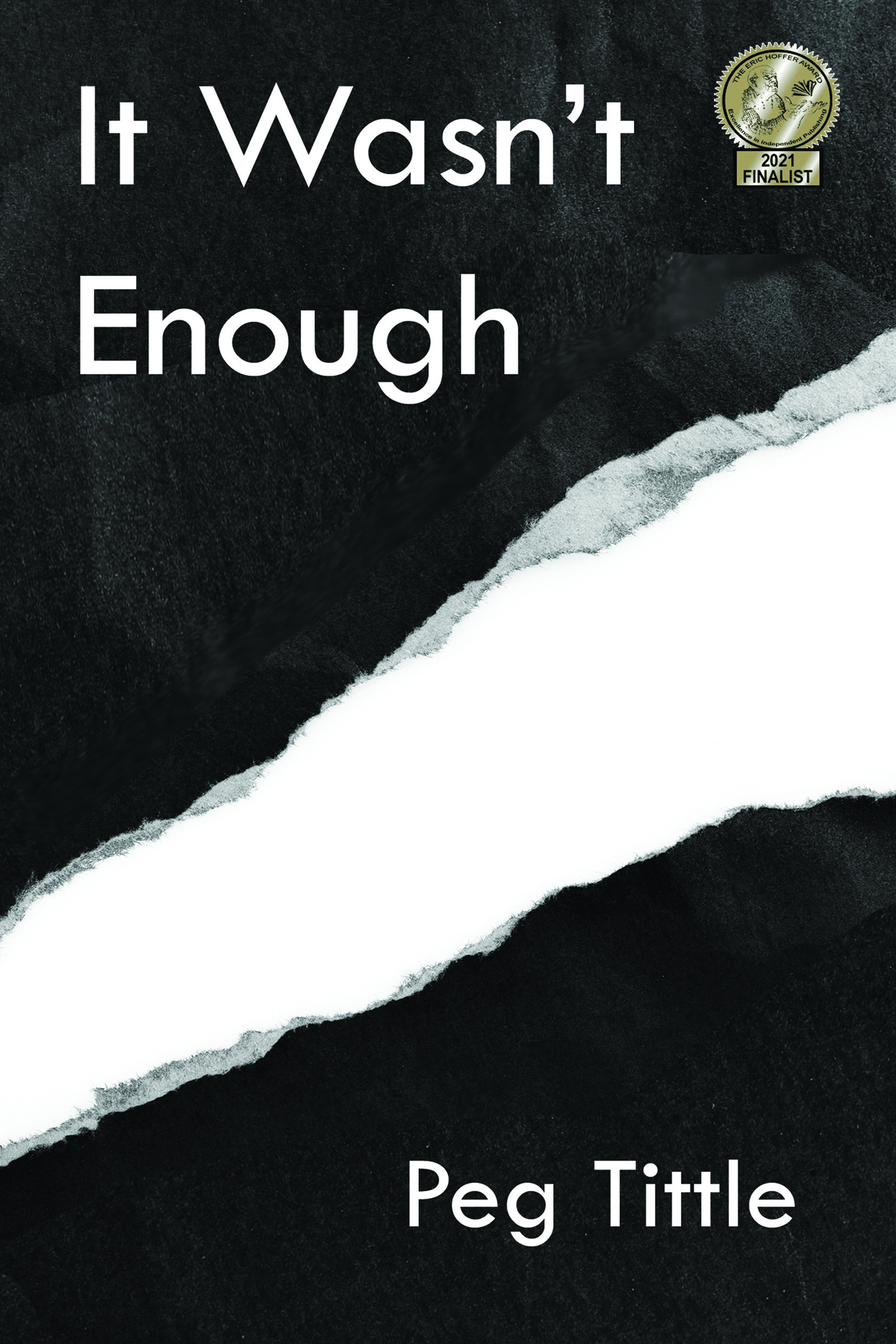Long ago and far away, I was one of several high school students to participate in a Federal-Provincial Government Simulation. Each of us took on the role of a provincial or federal minister and met for three days of plenary sessions, committee meetings, and caucuses.
I was the federal Minister of State for Science and Technology, and I remember well the instructions of our Prime Minister: be vague; don’t commit yourself to anything; if you don’t know what they’re talking about and have never heard of it before, tell them they’re out of order; constantly assure them with such phrases as ‘We will consider that’, ‘You have our support’, and ‘That will be discussed at a later date’ – in other words, don’t say ‘I don’t know’, ‘That’s a good point’, or ‘This is a weakness with our policy, any suggestions?’. I was to represent and defend the federal government’s position. Period. (That and always disagree with the opposition’s position.)
I did my job well. And I guess because so many others did the same, it was three days of go-nowhere achieve-nothing head-butting and face-saving. Any strategizing at caucus was not to solve a real problem, but simply to protect ego: insist, and be confident about it, that our way is the best way. Obviously there weren’t any real discussions.
I went away disillusioned and discouraged. But I realize now that it was a political simulation, not a government simulation.
Then again, who am I kidding: after reading one Hansard or watching one televised parliamentary session, I knew it was a government simulation. So my question is, how did government ever get mixed up with politics?
Let me approach the problem from a different angle. I remember clearly a feeling of ‘You’re not playing fair!’ at one meeting during which some other students started arguing with me as themselves and not as provincial representatives. I wanted to shout ‘I know this is stupid, I’m not an idiot, but I can’t say it’s stupid because that’s our stand, and you’re not supposed to say it’s stupid either because your province supports the federal government on this issue; and you, you’re supposed to disagree, but not for the reasons you are – what you’re saying is right, but it’s not in your party position paper!’
So the problem is this: if all the elected representatives are duty-bound to represent pre-determined positions, who’s free to really discuss the problems and come up with a solution? I never thought I’d be saying representative government was bad, but that seems to be the case. (But then I’ve always thought that representative government meant representative of constituency, not representative of party – my MP once corrected my error.) (Just once, because I never went to my MP again.) (What was the point?)
So perhaps we should elect to the House some people responsible to neither party nor constituency – just a bunch of intelligent, analytic, and creative people (and multidisciplinary too, no more lawyers or CEOs please). While I hesitate to suggest adding more people to the process, I think the presence of such free agents would do wonders for the quality of the discussion. Having such independents present might take the face-saving obsession down a few notches, as it might be easier to be corrected by a no-name, a neutral, than by the opposition. And new ideas might actually be judged on their own merit if they came from nowhere, so to speak.
However, while this is all very good for parliamentary discussion, what about parliamentary voting? I mean, shouldn’t the people elected by constituencies vote according to their constituency’s wishes? Well, yes, only if constituents hear, and understand, the discussion. (Otherwise, what’s the point in improving the discussion?) But by the time a representative polled the members of his/her constituency, well, we might as well have had a binding referendum. Which may not be a bad idea actually.



















